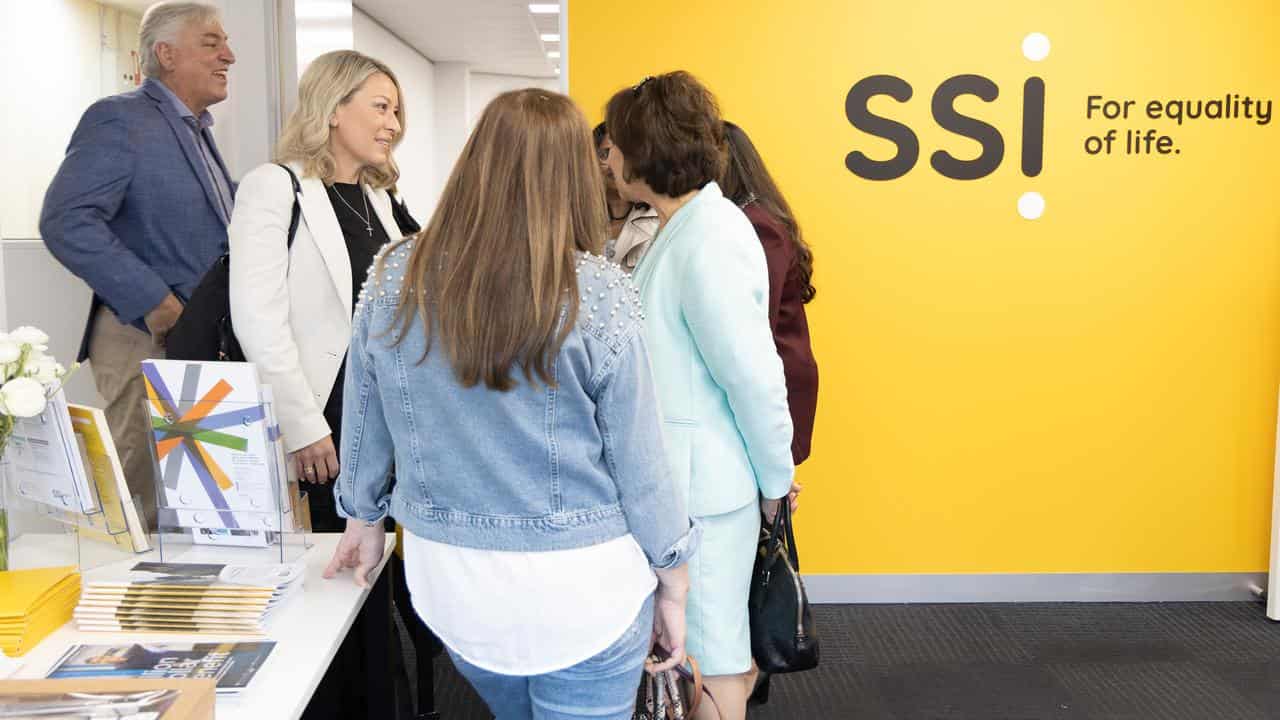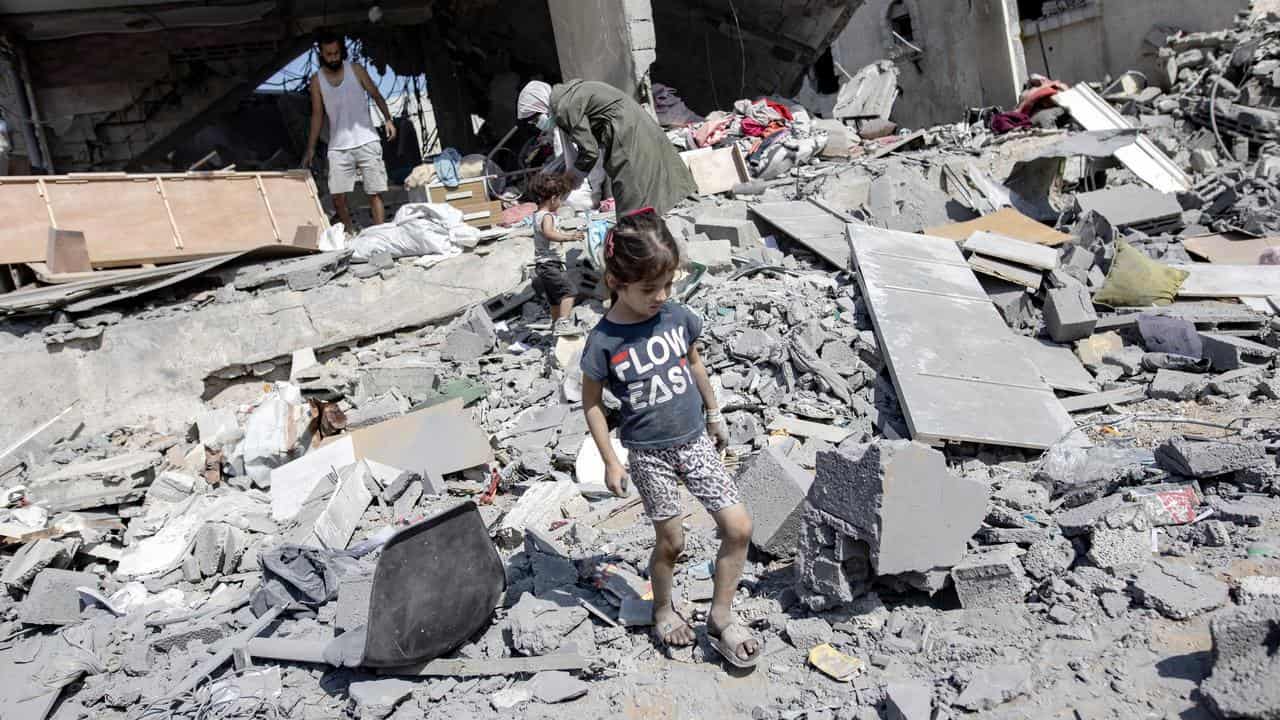Qualified at home but refugees struggle for recognition

Lamees used to counsel children and families in Gaza who survived previous wars but in Australia she is still trying to figure out how she can put her skills to use and to be given an opportunity to work.
The experienced mental health professional and fluent English speaker in her late thirties has degrees from prestigious universities in Palestine.
She has been using those skills as a volunteer at resettlement agency Settlement Services International in far western Sydney.
Volunteering a few days a week helping other recently arrived refugees - from Afghans to Syrians and Ukrainians - has been a welcome distraction from the constant worrying over family still sheltering in a church in Gaza.

In the first few weeks of Israel's 11-month military assault on the blockaded and densely populated enclave, some of her relatives were among 17 people killed in a strike on the St Porphyrius Greek Orthodox church.
The church was struck again in late July, sustaining physical damage.
"It was very terrifying night, the eighth of October, they (Israeli forces) started actually (bombing) in the nice areas where we lived," she told AAP.
"We faced a lot of fears, struggles and terrifying moments of hunger, lack of medication, everything."
Hamas launched a surprise cross-border attack killing 1200 Israelis on October 7 prompting an Israeli military assault that has lasted 11 months killing more than 40,000 Palestinians including 14,000 children.
Lamees, who is only using her first name for safety reasons, has received counselling sessions which take on a deeper meaning since that is her profession.
"I'm pretty aware of the techniques she (therapist) is using ... I know she's there to help but I can't open up. The huge amount of trauma we've experienced is too much."
Department of Home Affairs figures show that over 7100 visas from Palestinian applicants had been rejected and, of the 2922 approved, only 1300 had arrived in Australia in the past year.
Since coming to Australia over six months ago, she has been trying to stay busy.
"I can't sit alone in the room doing nothing. I can be depressed, stressed out, nervous, having nightmares, and I started to search for jobs knowing I need to start from scratch."
But she quickly faced the obstacles of which professional body would recognise her degrees.
"My certificates are nothing without recognition. To have the recognition, I need to go through a long pathway. I don't know where to start and the people I have asked in the employment sector for me and my husband are also unsure," she said.
A March report from the Committee for Economic Development of Australia found that only around 30 per cent of overseas qualifications are formally recognised which falls below international standards.
It also found that women migrants with a post-graduate degree, such as Lamees, earn 31 per cent less than Australian-born women with similar education levels.
SSI, the resettlement agency which she volunteers with, said in a June report in partnership with Allianz that a potential $9 billion could be unlocked for the Australian economy if the skills of migrants and refugees were utilised.
"While Australia may be a dream destination for many, I haven't had the chance to truly enjoy it yet because I'm focused on building a future," she said.